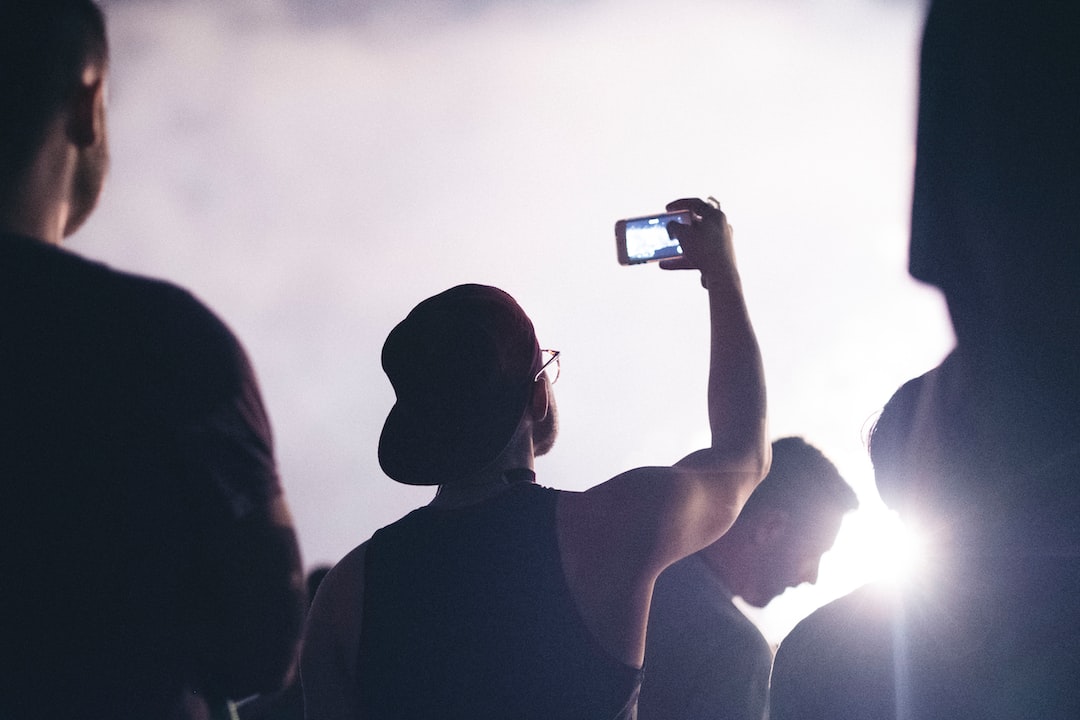The Influence of Comic Books on Modern Pop Culture
Comic books have come a long way from being just a form of entertainment for children. In fact, they have grown to be a significant influence on modern pop culture. The characters, stories, and themes portrayed in comic books have captured the imaginations and hearts of people all around the world, transcending age, gender, and cultural barriers.
One of the most remarkable aspects of comic books is their ability to create iconic and relatable characters. From Superman and Batman to Spider-Man and Wonder Woman, these superheroes have become household names and cultural icons. Comic book characters have become an integral part of our collective imagination, symbolizing hope, strength, and justice. They inspire us with their extraordinary abilities and show us that anyone can be a hero. The influence of these characters can be seen in movies, TV shows, video games, and even everyday fashion choices, making them an integral part of modern pop culture.
Comic books are not just about superheroes; they also tackle important social issues. Artists and writers often use comic books as a platform to address topics such as racism, inequality, and environmental concerns. For example, the X-Men, created by Stan Lee and Jack Kirby, serve as a metaphor for real-life social struggles. The mutants in the X-Men comics are born with unique abilities that make them different from the rest of society. This serves as a powerful allegory for marginalized groups that have faced discrimination and prejudice throughout history. By addressing such issues, comic books have the power to educate and raise awareness about important social injustices.
Another significant contribution of comic books to pop culture is their impact on storytelling. Comic book storytelling is distinctive in its visual and narrative format, combining illustrations with dialogues and captions. This unique style has influenced other forms of media like movies, TV shows, and video games. The Marvel Cinematic Universe, for instance, has gained massive popularity by taking inspiration from the interconnected storytelling found in comic books. Movies like “The Avengers” and “Captain America: Civil War” bring together a diverse group of superheroes and weave complex storylines that fans have grown to love. This blending of different characters and story arcs has become a staple of modern storytelling, creating an expansive and immersive fictional universe that captivates audiences worldwide.
Comic books have also had a significant impact on the gaming industry. Superhero video games like the “Batman: Arkham” series and “Marvel’s Spider-Man” have become massive successes, allowing players to immerse themselves in the worlds of their favorite heroes. These games not only provide enjoyable gameplay experiences but also allow fans to explore the rich narratives and character development that are synonymous with comic books. The influence of comic book storytelling is evident in the level of depth and emotion that video games inspired by these comics strive to achieve.
Additionally, comic books have become an integral part of the fashion world. Superhero-themed apparel, including t-shirts, hoodies, and accessories, is now commonly found in mainstream fashion. The iconic symbols and designs associated with comic book characters have become fashion statements, reflecting individuals’ love for these characters and their significance in pop culture.
In conclusion, comic books have undoubtedly left an indelible mark on modern pop culture. With their memorable characters, engagement with important social issues, unique storytelling techniques, and influence on various mediums like movies, TV shows, video games, and fashion, comic books have become an integral part of our everyday lives. They have not only inspired us with tales of heroism but also empowered us to believe in our abilities to overcome adversity. It is clear that comic books will continue to shape and influence pop culture for many years to come.

